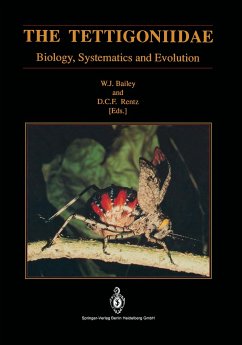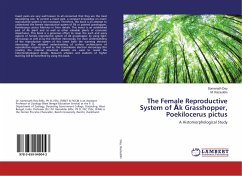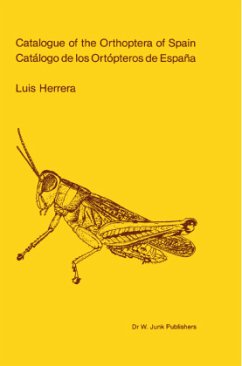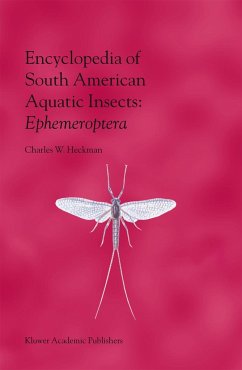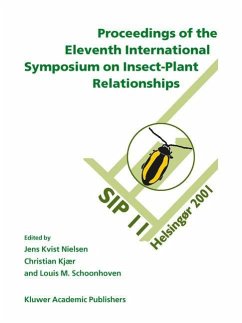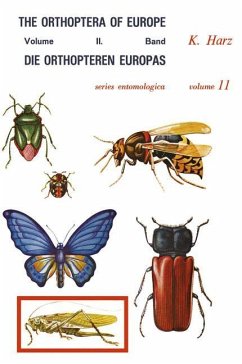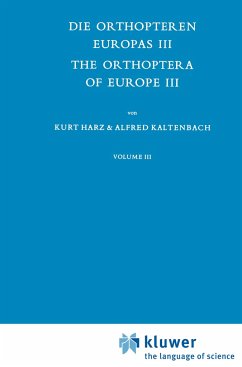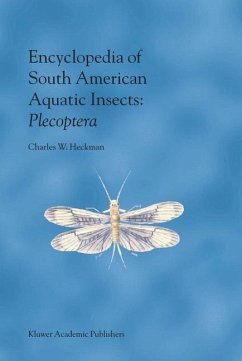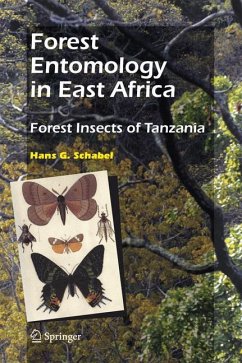
Katydids of Pakistan
Versandkostenfrei!
Versandfertig in 6-10 Tagen
47,99 €
inkl. MwSt.

PAYBACK Punkte
24 °P sammeln!
Pakistan is a biogeographically diverse region mainly due to its rich vegetation and favourable climatic condition which made it trouble-free region for breeding of different insects groups including grasshoppers & Katydids. Katydids are are phytophagous insects some of the species are important pests of agricultural crops while many species are ecologically associated with forest biocenoses, damaging trees and shrubs. In addition to herbaceous plants, these facts extend the range of injurious plants to forest, fruit orchards, berry shrubs and grasses. This book contains description of 47 spec...
Pakistan is a biogeographically diverse region mainly due to its rich vegetation and favourable climatic condition which made it trouble-free region for breeding of different insects groups including grasshoppers & Katydids. Katydids are are phytophagous insects some of the species are important pests of agricultural crops while many species are ecologically associated with forest biocenoses, damaging trees and shrubs. In addition to herbaceous plants, these facts extend the range of injurious plants to forest, fruit orchards, berry shrubs and grasses. This book contains description of 47 species of Katydids (Tettigoniidae) belonging to 07 sub-families i-e: Pseudophyllinae, Phaneropterinae, Conocephalinae, Tettigoniinae, Hexacentrinae, Mecopodinae and Decticinae belonging to 20 tribes, 22 genera, and constricted 29 new records to Pakistan and 05 new species to science. Beside this, The correct identification of species will be instrumental in understanding and devising the population management strategies to adopt control measures at appropriate time.



